Parents, It’s Time to Talk to Your Child About Vaping
 Parents, have you talked to your kids about vaping nicotine yet?
Parents, have you talked to your kids about vaping nicotine yet?
If you have an older kid or a teenager, it’s likely they will encounter e-cigarettes at some point. They often contain more nicotine than regular cigarettes, which makes them highly addictive (and harmful to health). And with fruit and candy flavors, they’re marketed in a way that’s appealing to teens. Read more ›

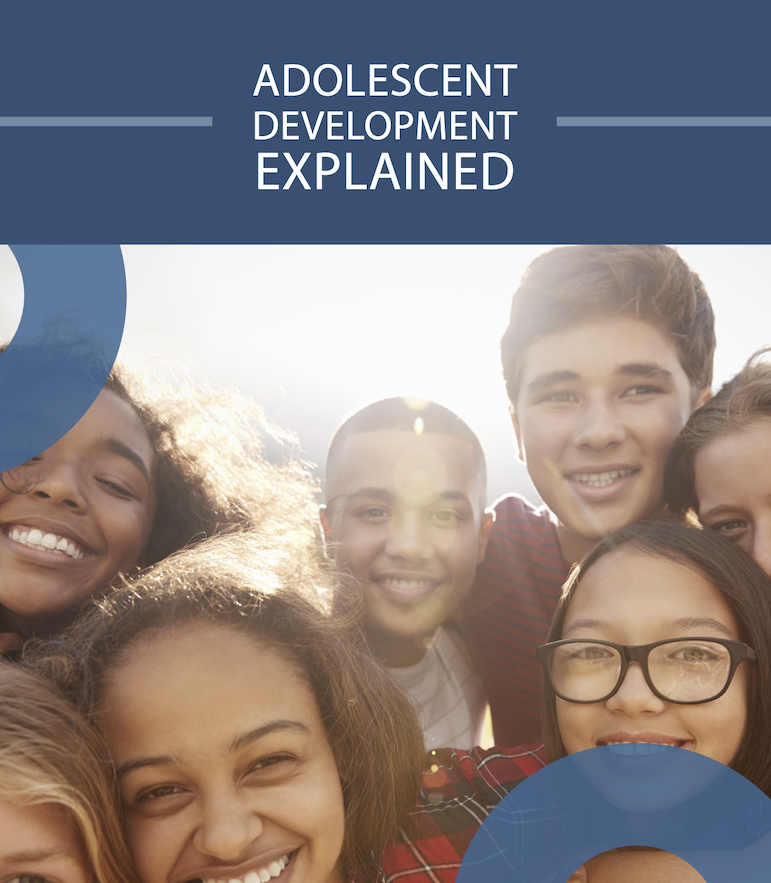
 Adolescence is a time of enormous transition. Although adolescence may appear to be a turbulent time, it is also a period of great potential as young people engage more deeply with the world around them. Adolescents typically grow physically, try new activities, begin to think more critically, and develop more varied and complex relationships.
Adolescence is a time of enormous transition. Although adolescence may appear to be a turbulent time, it is also a period of great potential as young people engage more deeply with the world around them. Adolescents typically grow physically, try new activities, begin to think more critically, and develop more varied and complex relationships. 
 An analysis
An analysis
 Stress and anxiety can trigger vape cravings, and make it harder for you to quit for good. You may be tempted to reach for your vape when you have these feelings, but vaping is not an effective way to cope. There are healthy and effective ways to deal with stress and anxiety.
Stress and anxiety can trigger vape cravings, and make it harder for you to quit for good. You may be tempted to reach for your vape when you have these feelings, but vaping is not an effective way to cope. There are healthy and effective ways to deal with stress and anxiety. 
 Every family wants to make sure their children enjoy a safe, happy and productive year as classrooms reopen this fall. The
Every family wants to make sure their children enjoy a safe, happy and productive year as classrooms reopen this fall. The 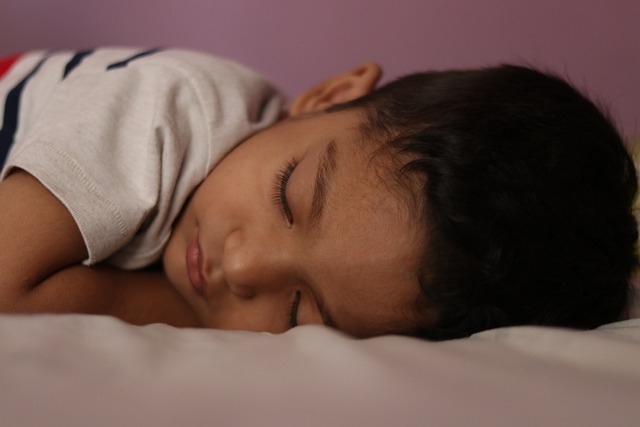
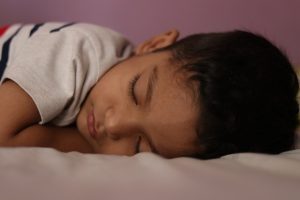 It’s hard to overstate the importance of sleep for our well-being. When our sleep is disrupted, we become become
It’s hard to overstate the importance of sleep for our well-being. When our sleep is disrupted, we become become 
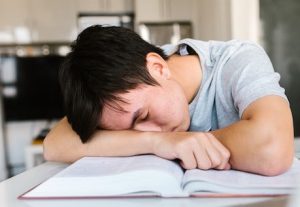 Sleep is essential to every process in the body, affecting our physical and mental functioning the next day, our ability to fight disease and develop immunity, and our metabolism and chronic disease risk. Sleep is truly interdisciplinary because it touches every aspect of health.
Sleep is essential to every process in the body, affecting our physical and mental functioning the next day, our ability to fight disease and develop immunity, and our metabolism and chronic disease risk. Sleep is truly interdisciplinary because it touches every aspect of health. 
 When was the last time you flew too high on a swing and lost your stomach, or busted out laughing so hard that you started crying? If it’s been awhile since you’ve had this kind of fun, you’re not alone.
When was the last time you flew too high on a swing and lost your stomach, or busted out laughing so hard that you started crying? If it’s been awhile since you’ve had this kind of fun, you’re not alone. 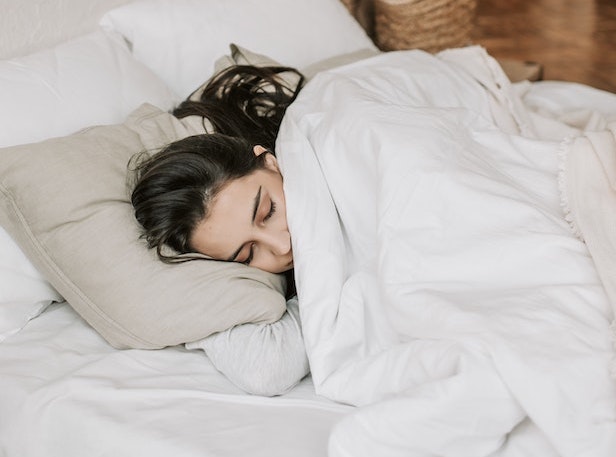
 Do you occasionally—or maybe more than occasionally— have trouble falling asleep? Try these sleep tips from the University of Washington Medical Center.
Do you occasionally—or maybe more than occasionally— have trouble falling asleep? Try these sleep tips from the University of Washington Medical Center. 
 Teenagers may experience difficulty falling or staying asleep, or insomnia, for many reasons. Disrupted sleep can negatively impact your teen’s mental and physical health.
Teenagers may experience difficulty falling or staying asleep, or insomnia, for many reasons. Disrupted sleep can negatively impact your teen’s mental and physical health. 

